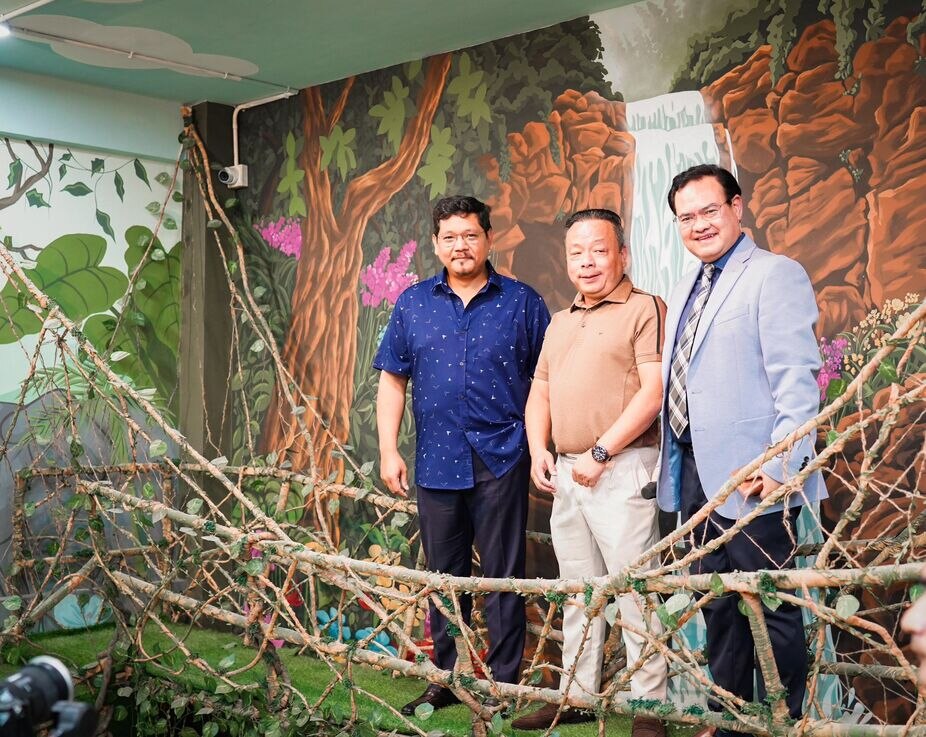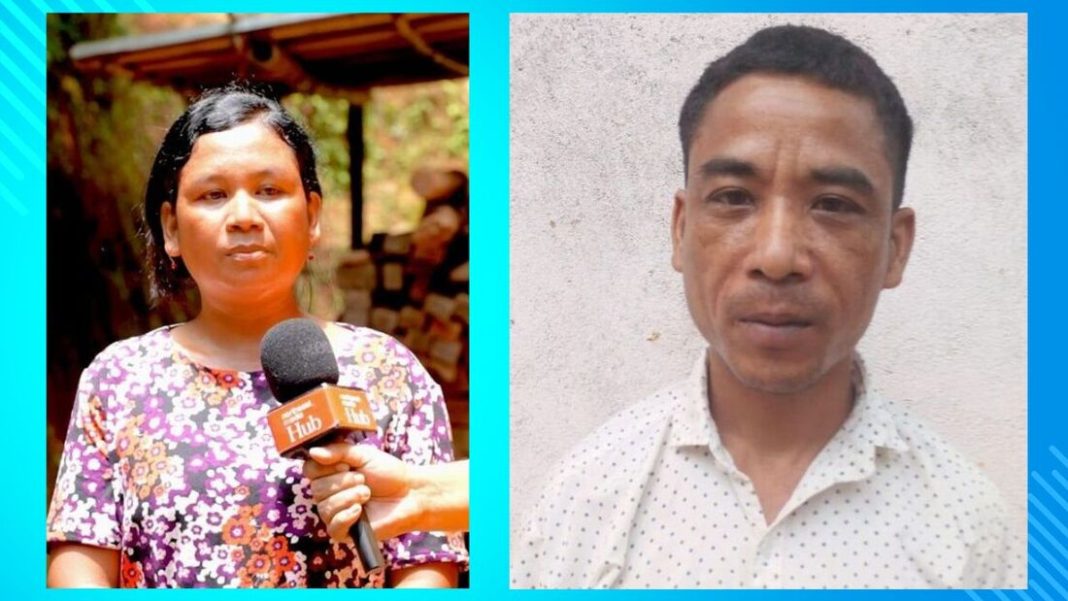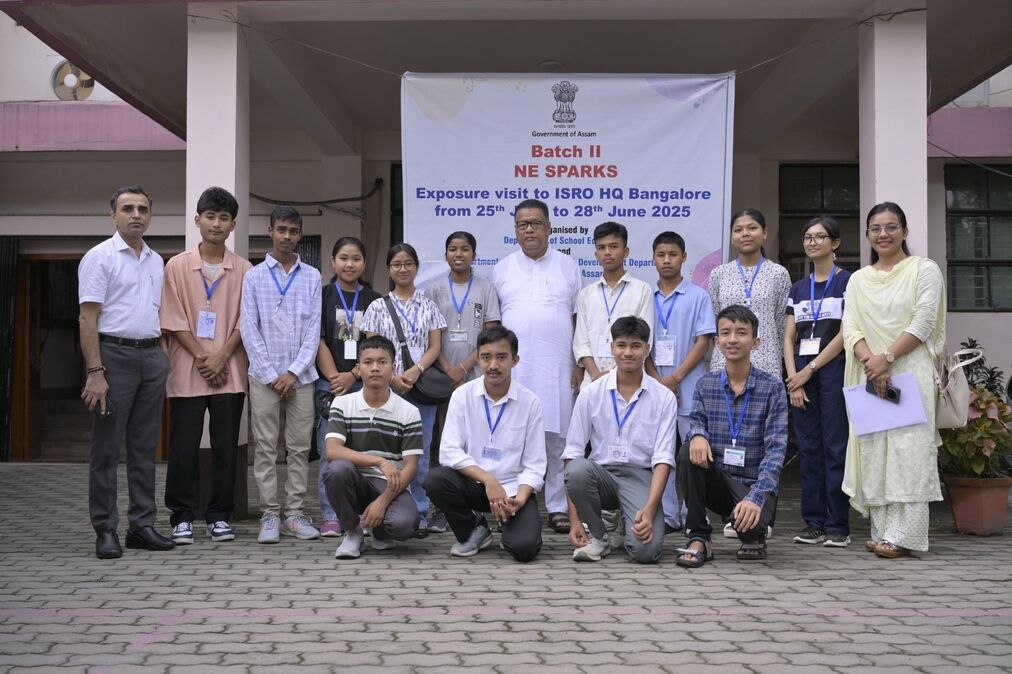Visit to museum to be made mandatory for students: CM
“What we started with Hello Meghalaya has now become a reference point across the country. This platform is giving voice to our culture in a very engaging and creative way.” Conrad Sangma, Chief Minister
Shillong, June 25: A key centre of knowledge about the state’s cultural and traditional roots got a new look as chief minister Conrad Sangma inaugurated the revamped Williamson Sangma Meghalaya State Museum on the premises of U Soso Tham Auditorium in Shillong.
Along with creating the knowledge infrastructure, the state government has also planned measures for getting the maximum benefit out of it. The first among them is to make it mandatory for students to visit the museum.
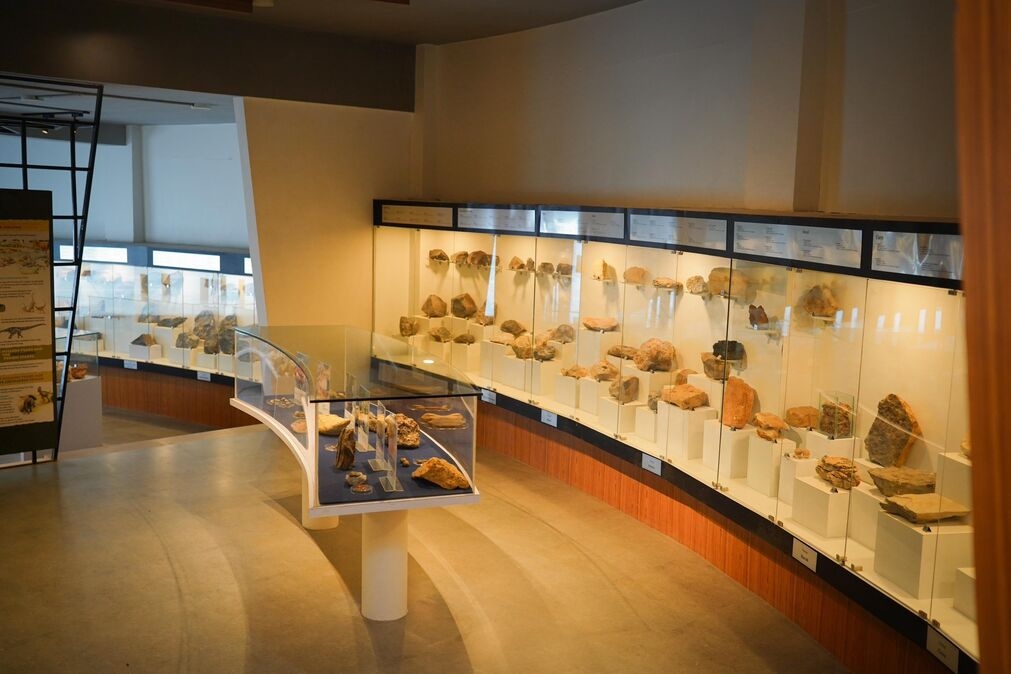
The chief minister said Education department would issue directions in this regard. This, he said, is to instil cultural awareness and appreciation among the youth.
Meanwhile, he announced, similar museums will be set up in different parts of the state to expand the outreach.
The first such museum outside the capital city will be set up at Tura while designs for new projects in other major district headquarters are being considered for implementation by the government.
The initiative is part of a broader vision to celebrate, document, and preserve the state’s rich cultural heritage while promoting a sustainable creative economy, Sangma said.
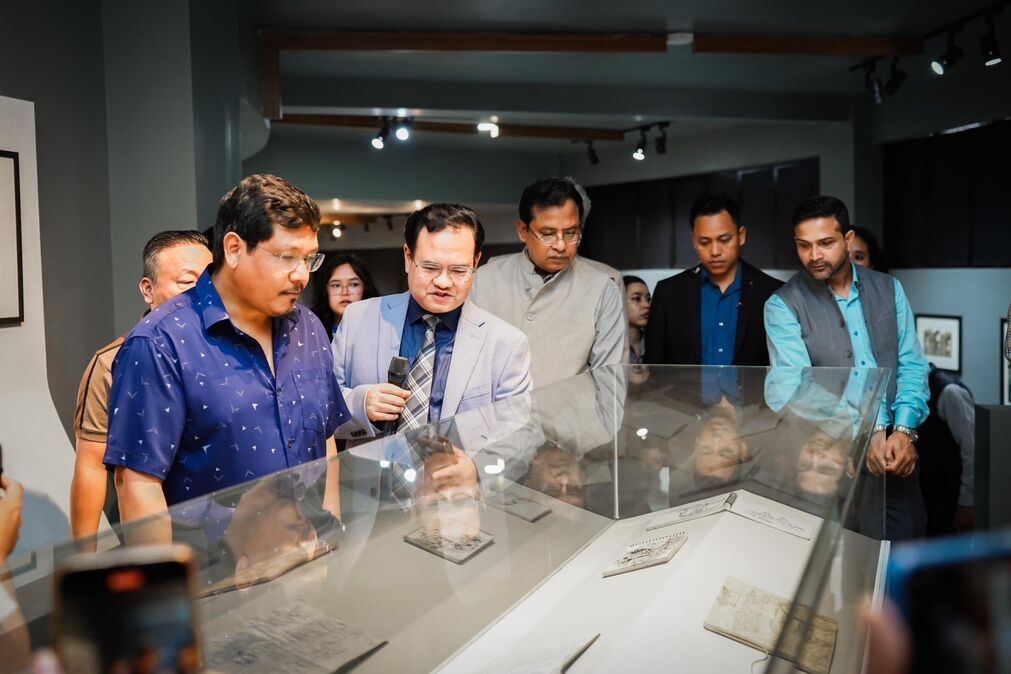
Minister for Arts and Culture Paul Lyngdoh and Power Minister Abu Taher Mondal were also present at the inauguration of the Williamson Sangma Meghalaya State Museum.
The museum has been completely redesigned to offer a modern and immersive experience, with state-of-the-art technology including QR-based exhibits and interactive digital displays.
“It’s not just about maintaining our identity and preserving it. The bigger question is how we make it more creative, how we incorporate our cultural heritage and convert it into an economy in itself,” he said.
Meanwhile, he said, research on various aspects of culture and development has been initiated through the Chief Minister’s Research Grant (CMRG).
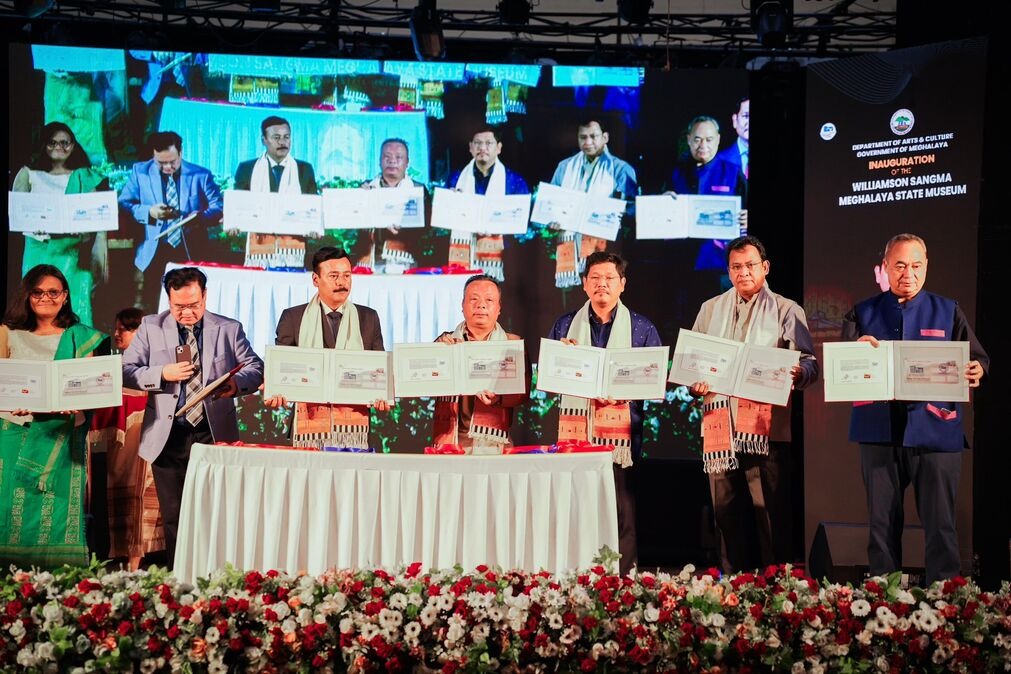
A review of the research has showcased interesting developments, including development of AI-based translation and phonetic tools for local languages, rediscovery and documentation of 71 traditional Garo games, and exploration of archaeological tourism in Garo Hills with ancient stone monoliths that may date back to 1200 BC.
“These findings will be compiled into publicly accessible booklets and academic resources, further strengthening cultural literacy in the state,” he said.
Speaking on Meghalaya’s efforts to drive a creative economy by promoting cultural entrepreneurship, he stated that through the PRIME Program, local entrepreneurs are being supported to manufacture high-quality souvenirs and handicrafts.
“Other countries like Vietnam are exporting bamboo-based products; we too have immense potential to develop similar industries rooted in local resources,” he added.
Highlighting the government-run OTT platform, “Hello Meghalaya”, he said the platform has become a key instrument in documenting and promoting local culture, music, and history through films, documentaries, and digital content.
“What we started with Hello Meghalaya has now become a reference point across the country. This platform is giving voice to our culture in a very engaging and creative way,” he said.
Stating that a parish in Sohra is home to a relic of St. Don Bosco – making it one of only a handful of such sites in the world, he said, “The government plans to preserve and promote this heritage site.”
Reflecting on his first visit to the museum in 2018, which inspired this transformation, he said, “When I first visited the museum, I was disappointed. Today, I am proud to see how far we have come. This museum is not just a building – it is a living testament to our identity, our creativity, and our future.”
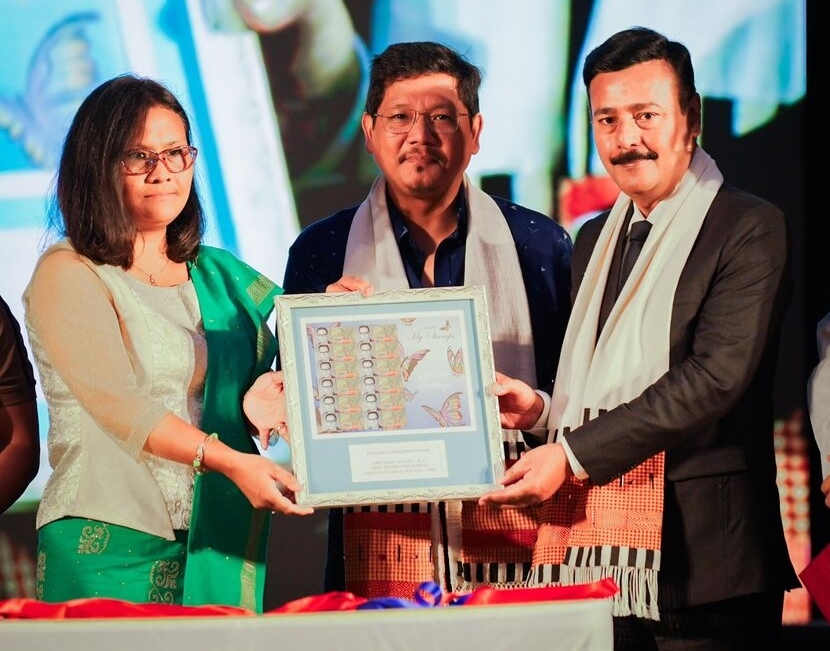
The chief minister and other dignitaries also took part in Samvidhan Hatya Diwas observed on Wednesday to mark 50th year of imposition of Emergency in India.
The Samvidhan Hatya Diwas is a solemn reminder of a time when constitutional freedoms were suspended, and democratic institutions were put under strain.
During the programme, Commemorative stamp on Captain Williamson Sangma was released and was handed over to the family. The stamp was received by Captain Sangma’s youngest daughter Rebecca Momin.

